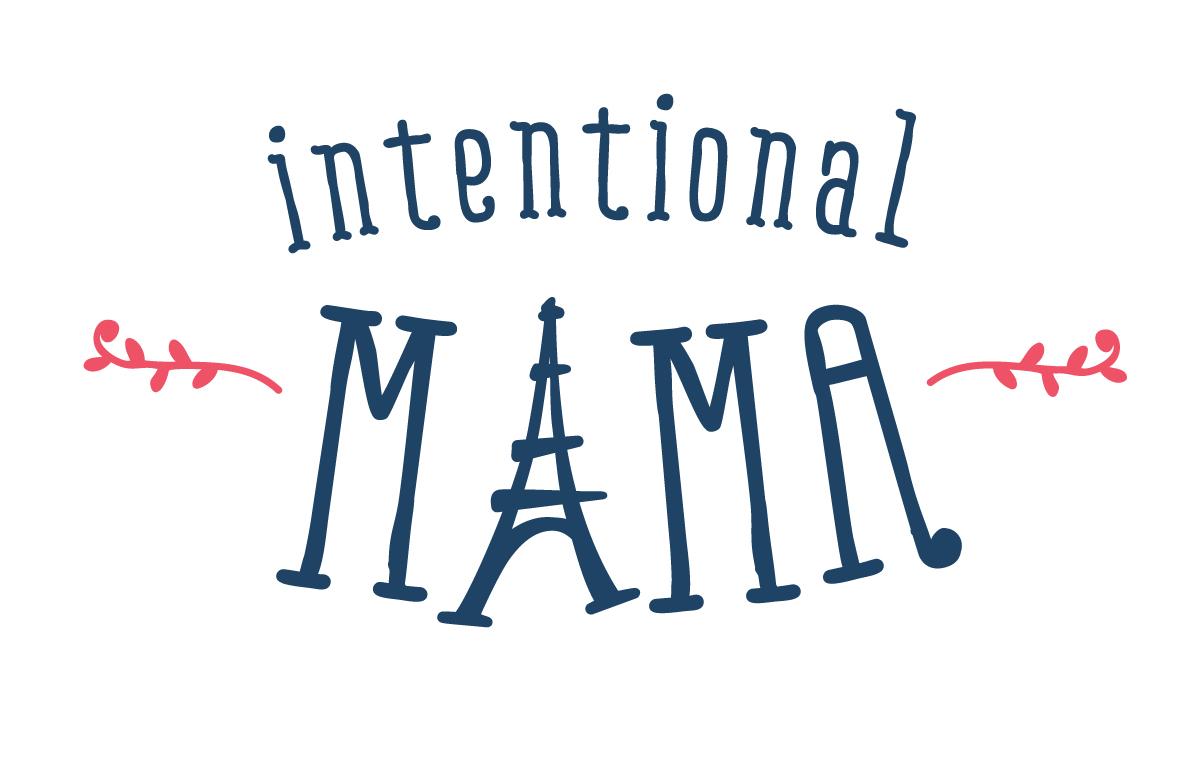5 Truths I Learned About French Parenting from Bringing Up Bebe
Though I lived in France for a year and a half in my twenties, it wasn't until I read Pamela Druckerman's Bringing Up Bébé in 2012 that I started to gain a full picture of French parenting. Here are five general truths about French parenting that I learned from reading Bringing Up Bébé:
1. French women don't breastfeed their babies all that long, even by American standards. A few months seems to be typical, partially because the vast majority of French women return to work after several months of maternity leave. I expect I'll be nursing our seven-month-old infant when we stay in France next summer, so I'm curious if my French friends will see this as an unusually long time to breastfeed a child.
Read More